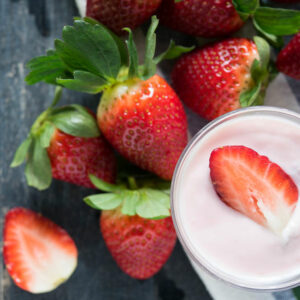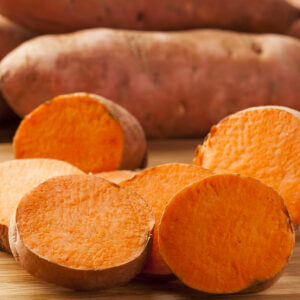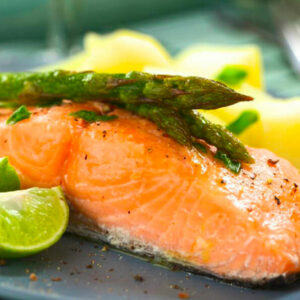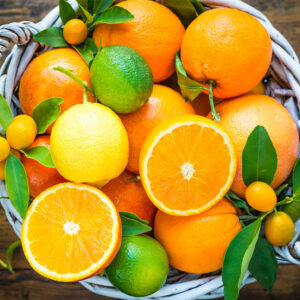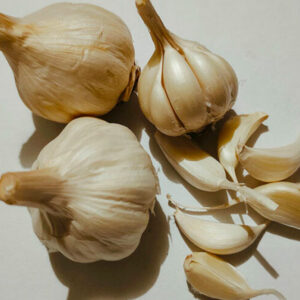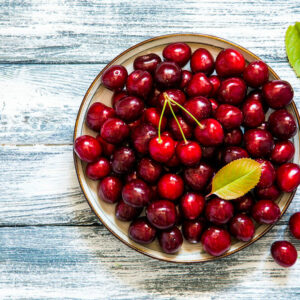
01
Best foods for improving blood count and circulation
Several conditions can cause poor circulation in the body, including stress, diabetes, and peripheral artery disease. Poor circulation may also result from low blood count, wherein the body fails to produce the necessary red blood cells (RBCs) in a day. Furthermore, a low blood count can lead to symptoms like numbness, digestive problems, and cramps. So, here are a few healthy foods that help increase blood count and improve circulation. Foods to increase blood count Eating healthy results in several health benefits. Here are some foods that can help raise the red blood cell count in the body: Cherries Cherries are rich in vitamin C, which compliments iron absorption by the body. Eating cherries can result in an increase in red blood cells in the body. Egg yolk Yolks contain folic acid, which is essential as it helps maintain hemoglobin levels in the body. Red meat Red meat, like beef, lamb, and pork, promotes healthy blood levels. These foods contain iron that is easily absorbed by the blood. The process helps improve hemoglobin levels, which improves the production of red blood cells. Dairy products Moderately having cheese and milk benefits the heart and regulates blood levels. Milk alternatives like soy and almond milk also help improve blood count. Foods for better blood circulation It is equally important to eat foods that improve blood circulation. Some of these foods include: Garlic One should add garlic to their daily meals because it is rich in allicin, which boosts immunity. Studies show that the regular habit of adding this allicin-rich herb soothes the blood vessels and promotes blood flow in the tissue. Beetroots Beetroots are known for their nitrate content, which helps blood circulation. The element helps improve the flow of blood and compliments blood pressure. Beetroots are also known to reduce inflammation of the blood vessels and increase nitric oxide levels in the body.
Read More 